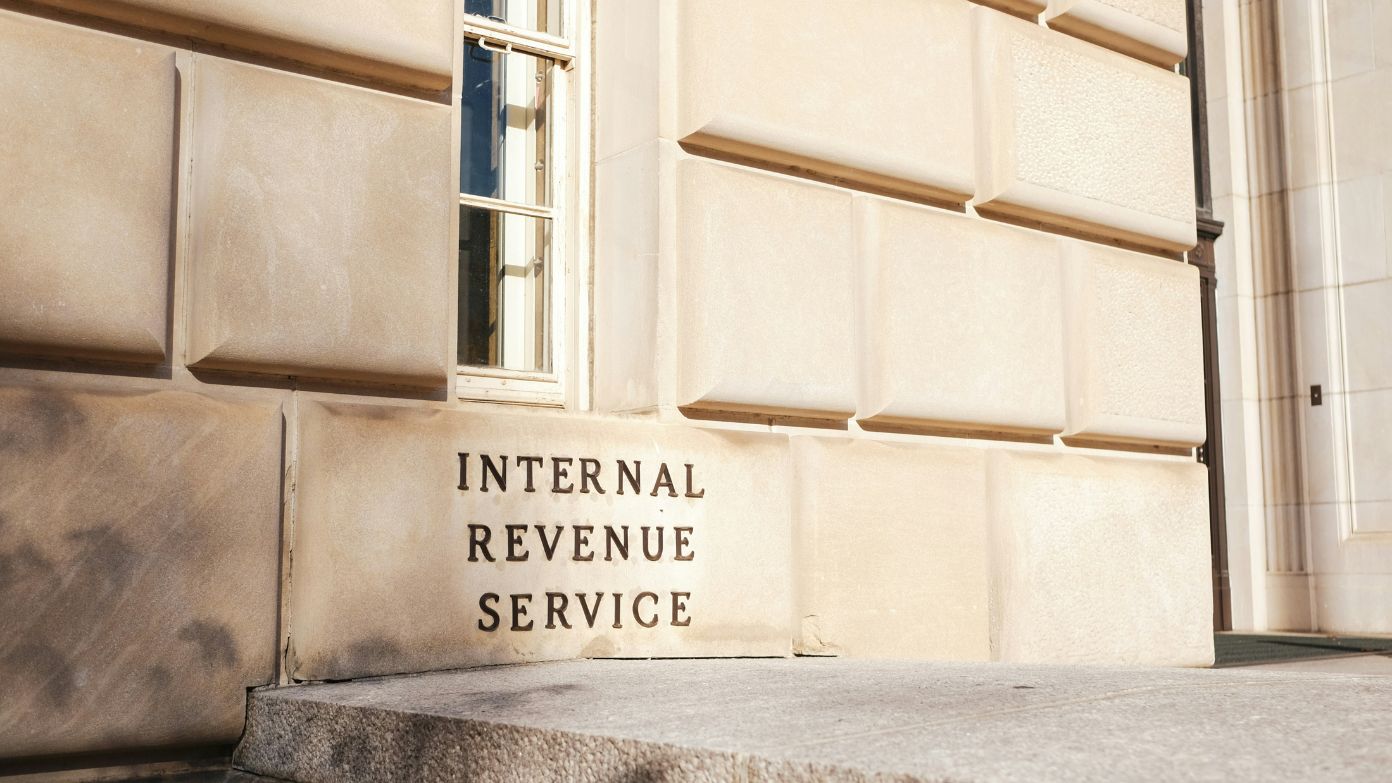Bad news is coming for thousands of Americans who still count on paper refund checks from the IRS: starting September 30, 2025, the IRS is taking two major measures to discourage or eliminate the use of mailed checks for federal tax refunds beginning in the 2026 filing season. If you expect your refund by paper, this could mean delays or forced changes. Here is what you need to know today.
Why is the IRS ending paper refund checks?
The shift is being driven by an executive order which directs federal agencies to modernize payment systems and phase out paper checks “to the extent permitted by law.” The idea is to reduce fraud, cut costs, and speed up delivery of refunds.
IRS officials note that paper checks are 16 times more likely to be lost, stolen, returned as undeliverable, or altered compared to electronic payments.
Most taxpayers already get refunds via direct deposit — in fact, in the 2025 filing season, about 93 percent of refunds were delivered electronically. But for the remaining 7 percent or so, this change could be painful if they are unprepared.
Recommended:
Bad news for coffee drinkers: Tariffs and bad weather send prices soaring
What are the two measures the IRS is using to stop paper checks?
Here are the two key policies the IRS is rolling out:
1. Requiring direct deposit or equivalent for refunds
Beginning September 30, the IRS will phase out paper refund checks for individual taxpayers, meaning refunds will need to be issued electronically unless a valid exception applies.
If you file your tax return without bank account information or another approved method, the IRS will delay issuing a paper check by up to six weeks while attempting to contact you or give you time to supply direct deposit information.
If you do provide valid banking information, your refund can go out by direct deposit as usual — typically within 21 days after acceptance, assuming there are no issues.
2. Sending letters and alerts to prompt taxpayers to add banking info
The IRS plans to actively reach out to taxpayers to get them onto electronic refund methods. Some steps include:
- Sending letters to people whose returns lack banking details or whose direct deposit has been rejected.
- Issuing alerts or messages during electronic filing if banking information is missing, telling you that your return is accepted but you need to supply deposit info.
- Giving you the option via your IRS individual online account to add banking information or explain why you cannot provide it.
- Providing a dedicated phone extension (or option) to request an exception or explain a compelling reason you cannot receive electronic refunds.
These measures are designed to push more taxpayers into the digital refund world and reduce reliance on mailed checks.
Recommended:
When was the last time the government shut down and what happened?
What happens if you still file without banking info?
If you fail to provide direct deposit info and do not qualify for an exception, your refund check will likely be held for up to six weeks until you respond. After that, if no resolution is made, the IRS may finally issue a paper check.
This delay is expected to create frustration, especially for those whose refunds are a significant source of income or budgeted money.
Also, note: IRS employees will not accept direct deposit information over the phone or in-person — you have to submit it through authorized digital channels or the online account.
Who will be affected the most by these changes?
This shift will most affect:
- Americans who do not have checking or savings accounts
- Taxpayers in remote or underserved areas without reliable digital access
- People with religious objections to using electronic banking
- Vulnerable groups (seniors, disabled, victims of abuse) who may find the transition more difficult without help
- Those who habitually rely on paper checks and have not adapted
Advocates warn that modernization must be balanced with fairness. As the National Taxpayer Advocate has pointed out, the IRS should not advance technological change at the cost of excluding those who need accommodations.
Recommended:
Good news for drug prices: Pfizer announces deal with Trump

